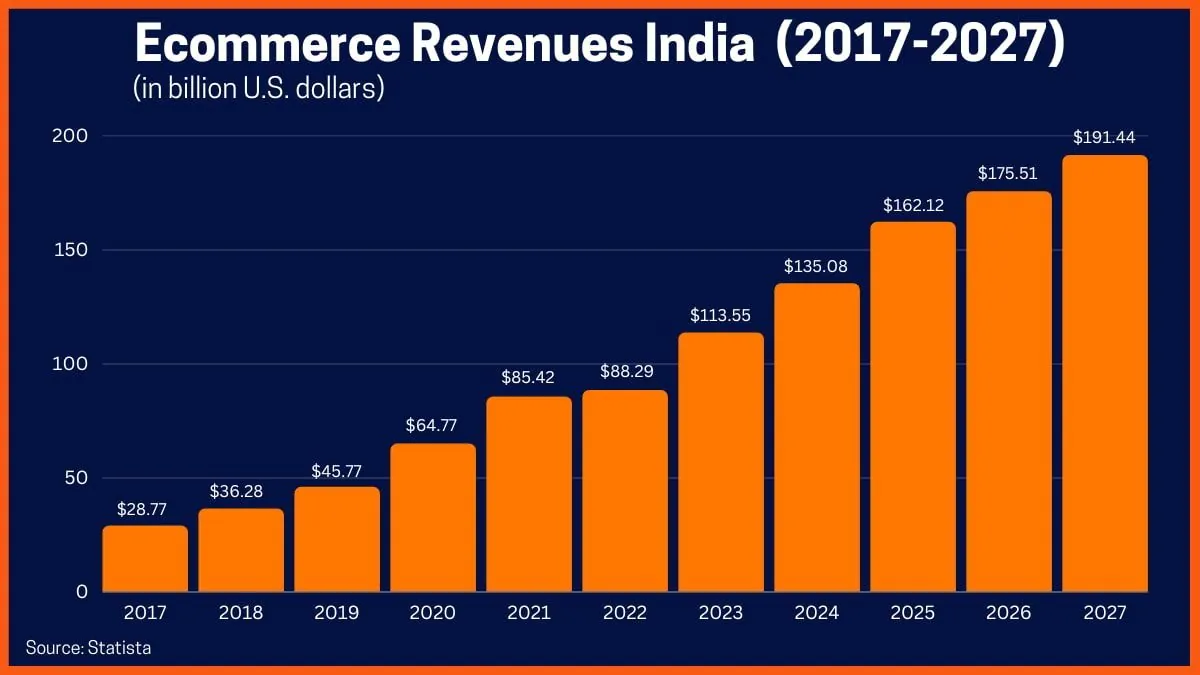Indian Watchdog Uncovers E-commerce Giants' Antitrust Violations
Indian antitrust body finds Amazon and Walmart's Flipkart breaching competition laws through preferential treatment and deep discounting. The practices reportedly harm other companies in the rapidly growing e-commerce market.

The Competition Commission of India (CCI) has uncovered evidence suggesting that Amazon and Walmart-owned Flipkart have violated local competition laws, according to confidential reports reviewed by Reuters. The findings reveal a pattern of practices that allegedly disadvantage other companies in India's burgeoning e-commerce sector.
Amazon, founded by Jeff Bezos in 1994, entered the Indian market in 2013, while Flipkart, established in 2007 by Sachin Bansal and Binny Bansal, was acquired by Walmart in 2018 for $16 billion. These e-commerce giants have been instrumental in shaping India's digital marketplace, which is projected to reach $200 billion by 2026.
The CCI's investigation identified several key areas of concern:
- Preferred Sellers: Amazon and Flipkart allegedly gave preferential treatment to six and 33 sellers respectively, offering them services at minimal costs.
- Listing Bias: Products from preferred sellers reportedly dominated top search results, creating barriers for other vendors.
- Exclusive Launches: Partnerships for exclusive product launches reportedly disadvantaged smaller retailers and brick-and-mortar stores.
- Deep Discounting: Both platforms allegedly enabled affiliated sellers to offer steep discounts, potentially driving out competition.

These practices have reportedly created an ecosystem where non-preferred sellers struggle to compete effectively. The CCI, established in 2003, has the authority to impose penalties of up to 10% of a company's average turnover for such violations.
India's e-commerce landscape has experienced rapid growth, with over 100 million online shoppers as of 2024. The government's "Digital India" initiative, launched in 2015, has further accelerated this trend. However, the country's e-commerce policy aims to ensure fair competition and protect consumer interests in this fast-evolving market.
The findings raise questions about the impact of foreign investments in the sector. Amazon has invested over $6.5 billion in its Indian operations, while Flipkart's valuation reached $37.6 billion in 2021. These investments have contributed to the companies' ability to offer subsidized services and discounts, potentially at the expense of market competition.
As the investigation unfolds, it remains to be seen how these revelations will shape the future of e-commerce regulations in India and impact the strategies of major players in the market.


































